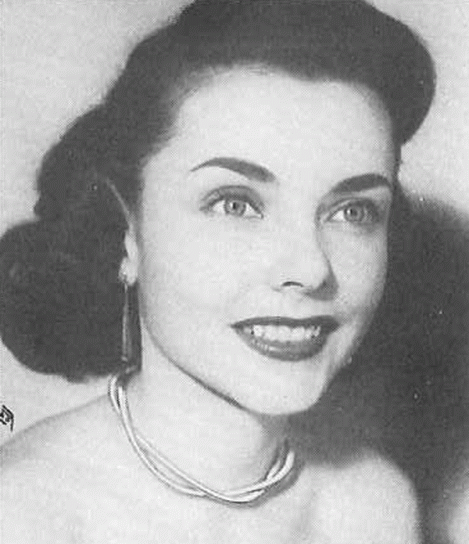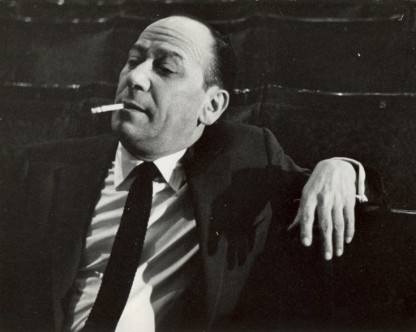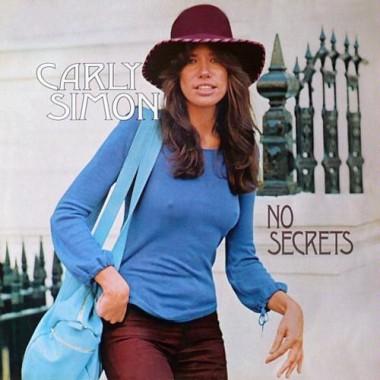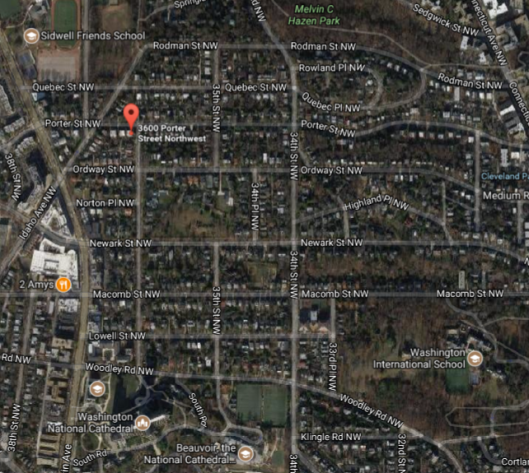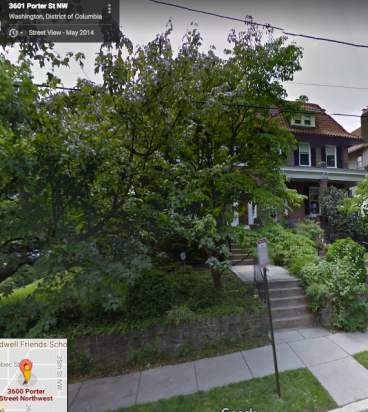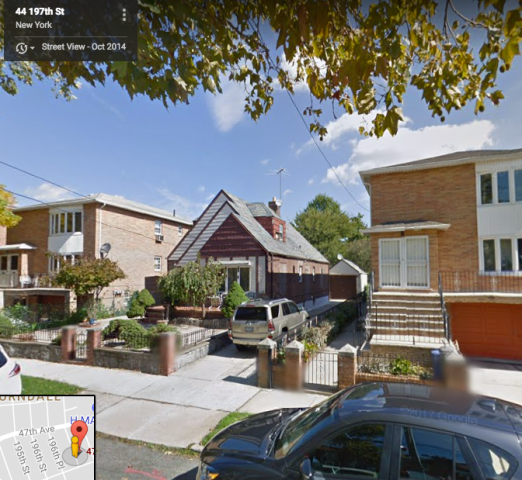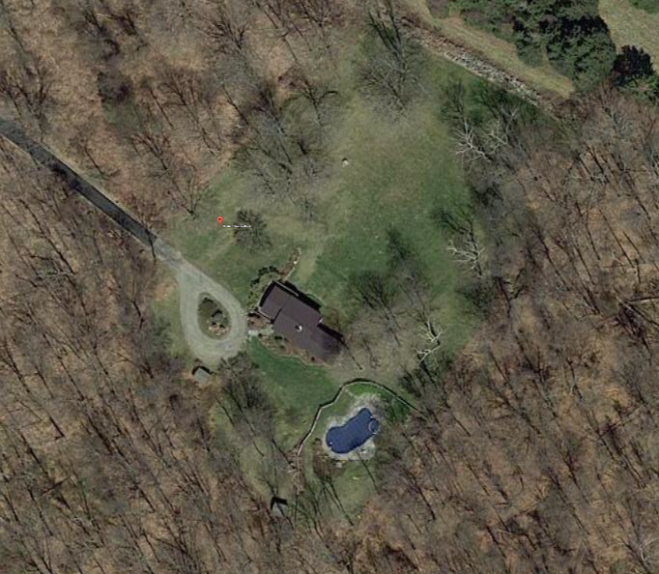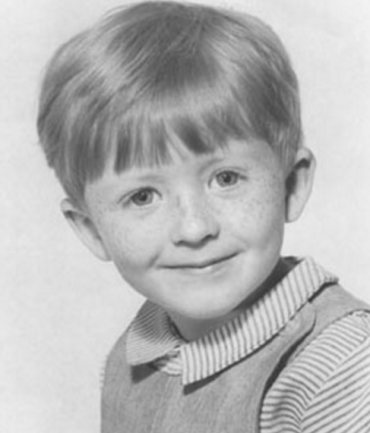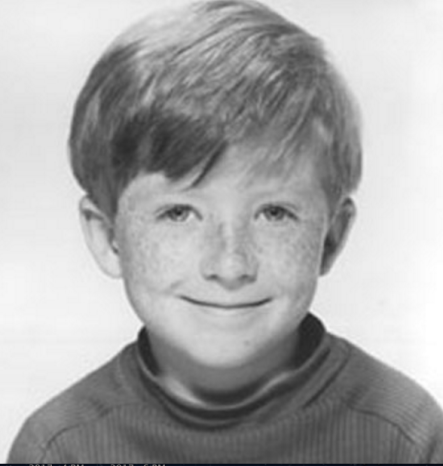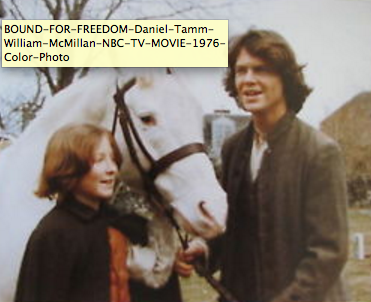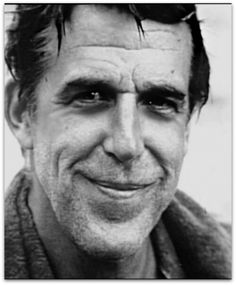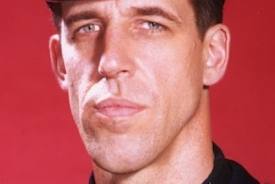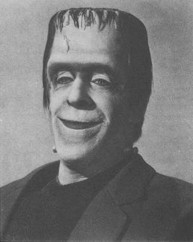
As we in Massachusetts enter the second week of staying at home due to COVID-19, I have been happy to connect with family and friends and acquaintances via their WordPress blog posts and Facebook updates.
THANK YOU to everyone for your words and images and information!
Since it’s been almost a month since my last blog post, I am finally putting my fingers to the laptop keyboard in order to share another great song by composer Harold Arlen and lyricist Yip Harburg (in photo below…)
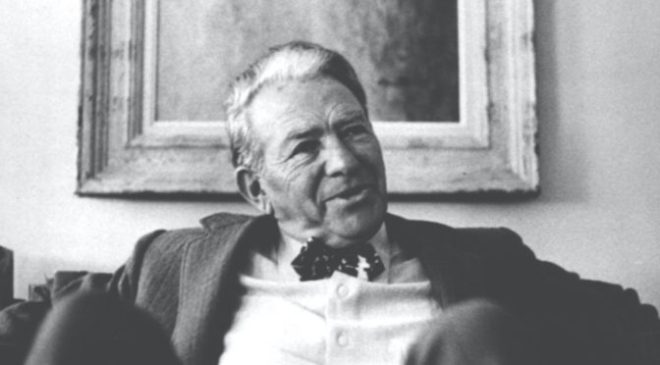
Yip lived a full and passionate and creative and principled life — and wrote the lyrics for a bunch of great songs, including “Springtime in Paris,” “Old Devil Moon,” “How Are Things In Glocca Morra?” “Down With Love,” “It’s Only A Paper Moon,” “Happiness Is A Thing Called Joe,” “Lydia The Tattooed Lady, and “Brother, Can You Spare A Dime?”
And then there are the songs he and Harold Arlen wrote for a movie inspired by the work of author L. Frank Baum and illustrator William Wallace Denslow.

These include “We’re Off To See The Wizard,” “If I Only Had A Brain,” and “Over The Rainbow” — which won the Academy award for best song in a motion picture in 1939.

I learned from reading a biography about Yip — co-written by his son Ernie Harburg — that in addition to writing the lyrics for the songs in The Wizard Of Oz, Yip also wrote all the dialogue that sets up the songs — and he even wrote the dialogue for one of my favorite scenes near the end, when the Wizard gives medals to the Scarecrow, Tin Woodman, and Cowardly Lion in honor of their heart, brains and nerve.

I also learned that, in classic Hollywood fashion, eleven different screenwriters were involved with the script — with Yip serving as the final script editor, pulling the whole thing together and giving it coherence and unity. But he didn’t get any official screen credit for all of that work on the script.

Yip is also the person responsible for including the powerful metaphor of a rainbow in the movie — which was produced partly to showcase MGM’s Technicolor prowess.
In the original book The Wonderful Wizard of Oz, there is no mention of a rainbow.

Yip’s son Ernie describes in an interview I found on YouTube how “Over The Rainbow” came to be written:
Yip and Harold Arlen’s contract at MGM had run out, and they still didn’t have a key song for Dorothy written.

Frank Baum writes in The Wonderful Wizard Of Oz that where Dorothy lived, “not a tree nor a house broke the broad sweep of flat country that reached the edge of the sky in all directions. The sun had baked the plowed land into a gray mass. Even the grass was not green, for the sun had burned the tops of the long blades.”
Yip and Harold discussed this description, and how Dorothy’s neighbor Miss Gulch had threatened to take away her beloved companion, Toto, and how Dorothy was looking for a way to escape…

At this time in their lives, both Yip and Harold were living in Beverly Hills, with lush green lawns — plus elaborate sprinkler systems to keep them green!

One day when his gardener turned on the sprinklers, Yip was struck by the little rainbows that appeared in the air. When he next saw Harold he said, “Dorothy wants to escape — to be on the other side of the rainbow,” and Harold went away and came back with a beautiful melody which Yip then worked on for three weeks to find words with exactly the right syllables to fit Harold’s melody.
And, thanks to Judy Garland’s beautifully poignant rendition of their song, the rest is cinema history.

“If I Only Had A Brain” (a version of which is included in the player at the beginning of this blog post) is based on a melody for a song called “I’m Hanging On To You” which Yip and Harold had written for — and then cut from — a 1937 anti-war musical called Hooray For What!
Apparently another song that Yip and Harold wrote for Hooray For What! — called “In the Shade of the New Apple Tree” — so impressed the powers-that-be at Metro Goldwyn Mayer in California that they chose Harold and Yip to write the songs for what became The Wizard of Oz.

When they were working on a song to be sung by the Scarecrow, Tin Woodman, and Cowardly Lion, Yip recalled the melody from “I’m Hanging On To You,” and fashioned an entirely new set of lyrics — including short verses (one of which I have included in my recording with pianist Doug Hammer) which were not used in the final cut of the movie.

Rainbows continued to be an important metaphor for Yip throughout his life — popping up in quite a few of his songs.
Yip once explained, “I belong to a tribe of what used to be called troubadors. Sometimes they were called minstrels. Now we’re called songwriters…we worked for, in our songs, a better world, a rainbow world… Now my generation, unfortunately, never succeeded in creating that rainbow world; so we can’t hand it down to you. But we could hand down our songs, which still hang on to hope and laughter.”
For that I am immensely grateful — to Yip and to Harold and to all of the other hard-working songwriters from the 20th century who have left us such a treasure trove of music.

Yip differed from many of his contemporaries in that he was eager to wrestle with social and political issues in his creative projects.
I already mentioned the anti-war musical Hooray For What! in 1937 (two years before the start of WWII) and the Depression-era classic “Brother, Can You Spare A Dime?” which Yip wrote with one of his first collaborators, the composer Jay Gorney, for a revue in 1932 called Americana.

With composer Harold Arlen he wrote the songs for 1944’s Bloomer Girl, which was set in upstate NY and explored the women’s suffrage and abolitionist movements in the years leading up to the Civil War while featuring an integrated cast on stage.
Three years later Yip helped create another musical classic, Finian’s Rainbow — set in a fictional region of the American South called Missitucky. Yip not only wrote lyrics, he also co-authored the script — and the integrated cast featured characters such as a leader of a union of black and white share-croppers, a leprechaun, two recent Irish immigrants, and a white racist Southern Senator who is transformed into an African-American citizen for several days as an opportunity for growth and education.
Finian’s Rainbow gave us a wide variety of songs, including “When The Idle Poor Become The Idle Rich, “Old Devil Moon,” “Look To The Rainbow,” and “How Are Things In Glocca Morra?”
It may seem a bit odd that a song like “How Are Things In Glocca Morra” was written by two Jewish songwriters (Burton Lane was the composer of Finian’s Rainbow).
But Yip was himself the child of immigrants — Orthodox Yiddish-speaking Russian Jews — and he grew up very poor on the lower east side of Manhattan.

His official name when he was born in 1896 — the youngest of four surviving children out of ten total — was Isidore Hochberg, and he was nicknamed “Yip” (from Yipsele, a Yiddish term of endearment referring to a squirrel) because he was so active as a child.
Yip was very successful in grammar school — winning prizes for his ability to recite poems and performing in many musical productions. He earned a spot at Townsend Harris — a prestigious public high school associated with City College of New York where you could earn both a high school and bachelor’s degree in seven years.
He found himself seated alphabetically next to a young fellow named Israel Gershovitz — also known as Ira Gershwin. Yip and Ira became life-long friends — sharing a deep admiration for Gilbert & Sullivan and later co-writing a humor column for the newspaper at City College.

I could go on and on about Yip.
Although he was not a Communist, he was blacklisted from working in the movies, TV and radio for 12 years during the 50s and early 60s.
He kept working on Broadway, however, and even co-wrote a song which was recorded by the folk/pop trio Peter, Paul & Mary.
If you are curious to learn more about this creative and inspirational human being, you can click here to read his Wikipedia entry and/or track down the biography co-written by his son, Ernie Harburg.

Perhaps some of his songs like “Brother, Can You Spare A Dime?” and “It’s Only A Paper Moon,” will take on a new resonance in the days and weeks ahead…
For the time being, I remain grateful that we in Massachusetts are still allowed to leave our homes and go for walks in our neighborhoods — as long as we maintain a healthy physical distance from other human beings we encounter along the way — so that I can continue to “while away the hours, conferring with the flowers (and) consulting with the rain.”
While COVID-19 buffets our human societies, the natural world continues — blessedly — to create a new buds, new leaves, new flowers!

Part of the reason for the gap between my last blog post and this one is that I have begun leading half-hour singalongs at 8:00 pm each night via Facebook Live.
If you are feeling hungry for some musical camaraderie and fun, please consider joining us any night starting at 8:00 pm (Eastern Standard Time in the USA).
Previous sing-alongs also remain on my Facebook home page in case you are curious to visit at any time of the day or night.

You can click here to visit my Facebook home page.
Thank you to Pixabay for some of the images included in this blog post.
Thank you to Giphy.com for all of the GIFs included in this blog post.
Thank you to Doug Hammer for his tremendous skills as a pianist AND as an engineer.
And thank YOU for reading and listening to another one of my blog posts!









